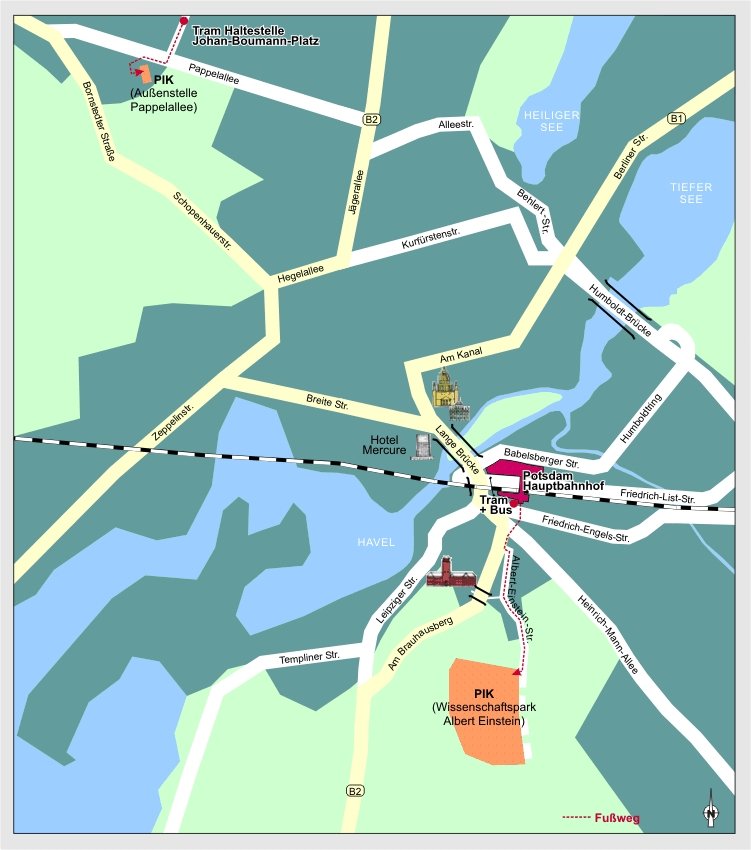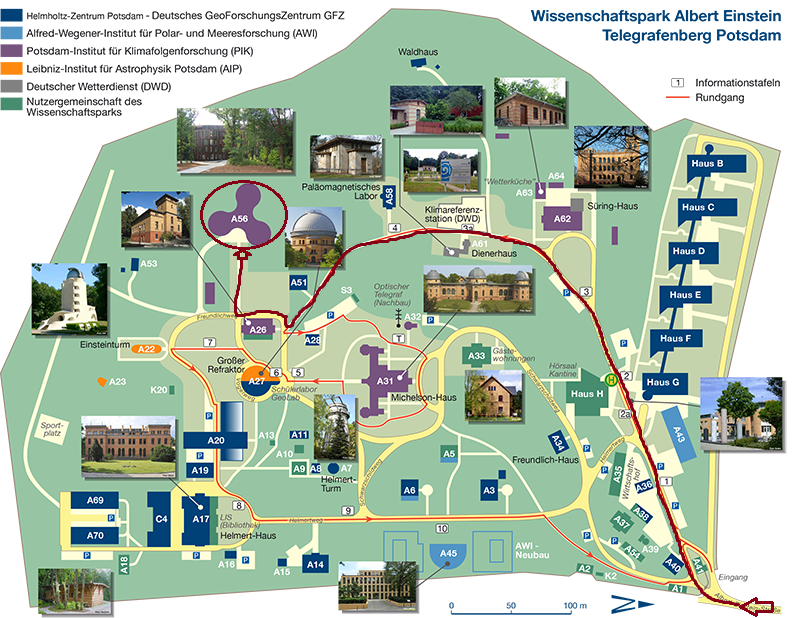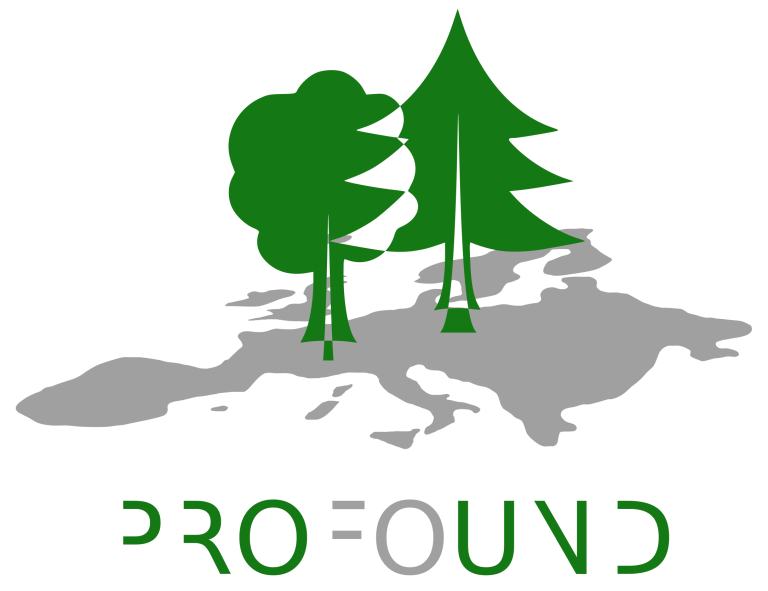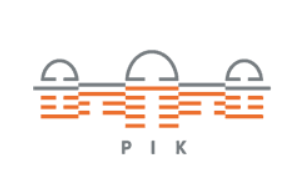The ISIMIP cross-sectoral workshop took place on 22-24 June, 2016, at the Potsdam Institute for Climate Impact Research (PIK) in Potsdam, Germany. All members of the ISIMIP community were invited to join us for the workshop in Potsdam.
The key goals of the workshop are:
- Review the results of the ISIMIP2a simulations, with a focus on the evaluation of model performance with respect to the representation of the impacts of extreme events;
- Discuss plans to deliver targetted simulations and analyses for the IPCC report on the impacts of 1.5°C global warming;
- Discuss the next steps for the cross-sectoral integration task (ISIMIP2b), for which future simulations using consistently-generated land-use patterns will be performed;
- Engage in a discussion with the economic modelling community on how ISIMIP can contribute to quantifying the costs of climate-change impacts.






